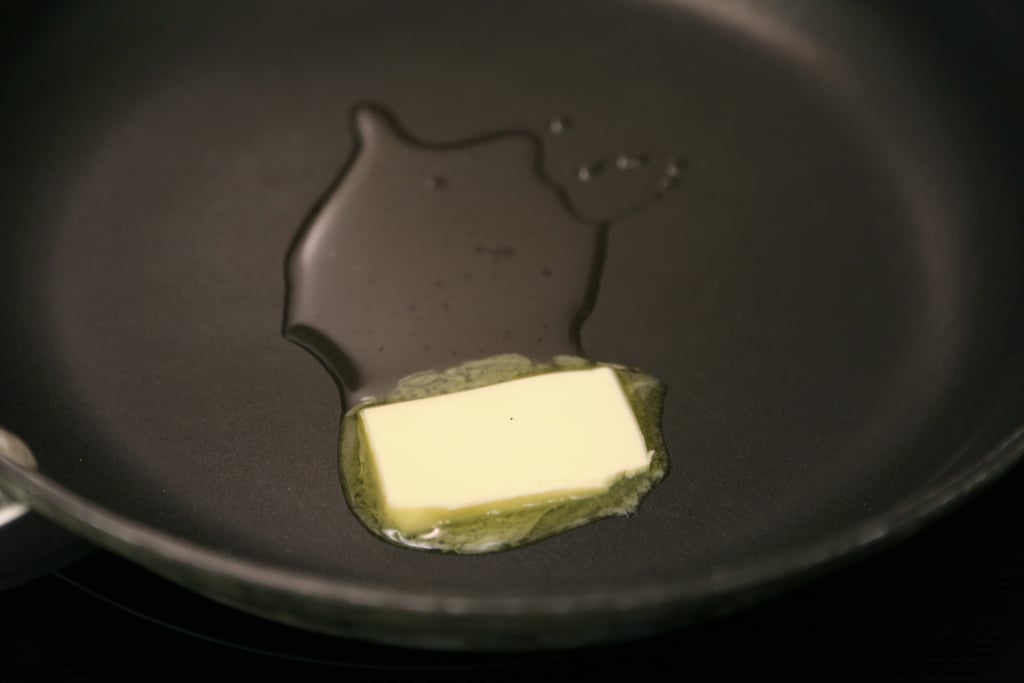Butter is a staple ingredient in many recipes, and it’s known for its rich, creamy taste and texture. However, butter is also high in calories, and it’s important to be aware of how much you’re consuming. In this article, we’ll take a closer look at the calorie content of butter, as well as some other important nutritional information.
First, let’s start with the basics. One tablespoon (tbsp) of butter contains around 102 calories. This may not seem like a lot, but it’s important to remember that butter is a very calorie-dense food, which means that a little goes a long way in terms of adding calories to your diet. A 1/2 cup (113g) of butter contains 828 calories!
One tablespoon of butter contains 102 calories. This may not seem like a lot, but it is important to keep in mind that butter is a high-calorie food and should be used in moderation. When used in cooking or baking, a little bit of butter can go a long way in terms of flavor. However, when used as a spread or added to recipes, the calorie content can quickly add up.
Butter is primarily made up of fat. In fact, a 1 tbsp serving of butter contains 11.5 grams of total fat, which is about 18% of the daily recommended intake for fat based on a 2,000 calorie diet. It is high in saturated fats, which account for 7 grams of the total fat content. Saturated fats have been linked to increased LDL cholesterol levels and an increased risk of heart disease when consumed in large amounts.
Butter is also a source of cholesterol, containing 31 milligrams per 1 tbsp. The American Heart Association recommends that adults should consume no more than 300 milligrams of cholesterol per day.
The majority of the calories in butter come from saturated fat, which has been linked to an increased risk of heart disease. Saturated fat raises LDL (bad) cholesterol levels and total cholesterol levels, which can contribute to the buildup of plaque in the arteries.
However, it’s worth noting that not all saturated fats have the same impact on our health. Butter, for instance, is relatively low in trans fats, which have been found to have much more significant negative effects on heart health than saturated fats.
On the other hand, butter is also rich in conjugated linoleic acid (CLA), a type of unsaturated fat that has been shown to have beneficial effects on health, particularly when it comes to weight management and heart health.
On the other hand, butter also contains small amounts of some important nutrients such as Vitamin A, Vitamin D, Vitamin E and Vitamin K. Vitamin A promotes good vision and healthy skin, Vitamin D helps the body absorb calcium for strong bones and teeth, Vitamin E is an antioxidant that protects cells from damage, and Vitamin K helps blood clot properly.
It’s worth noting that butter is also high in sodium, containing about 71 milligrams per 1 tbsp serving. Consuming too much sodium can lead to high blood pressure, which is a risk factor for heart disease.
In summary, butter is a delicious ingredient that adds flavor and texture to many dishes, but it’s also high in calories and saturated fat. It’s important to be aware of the calorie content of butter and to use it in moderation as part of a balanced diet. A tablespoon of butter contains 102 calories, 7 grams of saturated fat, and 31 milligrams of cholesterol. It also contains small amounts of important nutrients such as Vitamin A, Vitamin D, Vitamin E and Vitamin K but high in sodium.
Considering all of these factors, it’s clear that butter should be consumed in moderation and balanced out with other sources of healthy fats, such as olive oil, avocado, and nuts. It’s also important to keep in mind that butter is often used in recipes in combination with other high-calorie ingredients, such as sugar and flour, which can significantly increase the overall calorie content of a dish.
In general, when it comes to using butter in your diet, it’s important to be mindful of portion sizes and to make sure that you are balancing it out with other healthy foods. By incorporating a variety of healthy fats and monitoring your overall calorie intake, you can still enjoy the delicious flavor of butter without worrying about the negative effects of consuming too much saturated fat.
In conclusion, butter is an important ingredient in many recipes and can be enjoyed in moderation as part of a healthy diet. However, it’s important to keep in mind that butter is a calorie-dense food and that one tablespoon contains 102 calories. When using butter in cooking or baking, be mindful of portion sizes and balance it out with other healthy fats to keep your overall calorie intake in check.

 Home
Home Health
Health Diet & Nutrition
Diet & Nutrition Living Well
Living Well More
More












